
In this article, we will be comparing Ansible, Terraform, and Pulumi–three popular IaC tools, to help you choose the best option for your projects. Table

Constant technological changes in IT shape the landscape of our digital era, presenting both challenges and opportunities for those venturing into the dynamic field of Information Technology. In this blog post, we’ll explore ways to not only keep up but also excel in this rapidly changing world of tech.
THIS POST MAY CONTAIN AFFILIATE LINKS. IF YOU BUY SOMETHING WE GET A SMALL COMMISSION AT NO CHARGE TO YOU (READ MORE).
Living in the digital age means swimming in a sea of technological advancements that ripple through every aspect of our lives. For those considering a path in Information Technology (IT), the thought of keeping up with these constant changes might feel like chasing a moving target. But fear not! Embracing change is not just part of the game; it’s what makes IT careers so thrilling. Let’s dive into how you can conquer the ever-shifting tech landscape and carve out your place in the IT world.
Tech enthusiasts, rejoice! The world of IT is a playground for the endlessly curious. Stay hungry for knowledge by exploring new technologies, tinkering with gadgets, and diving into coding challenges. The more you feed your curiosity, the more equipped you’ll be to tackle whatever the tech world throws your way. Whether it’s through interactive coding courses on platforms like Codecademy, participating in coding challenges and competitions on HackerRank, or experimenting with DIY projects using affordable computers like Raspberry Pi, there are endless opportunities to satisfy your thirst for knowledge and enhance your skills in the ever-evolving field of IT.
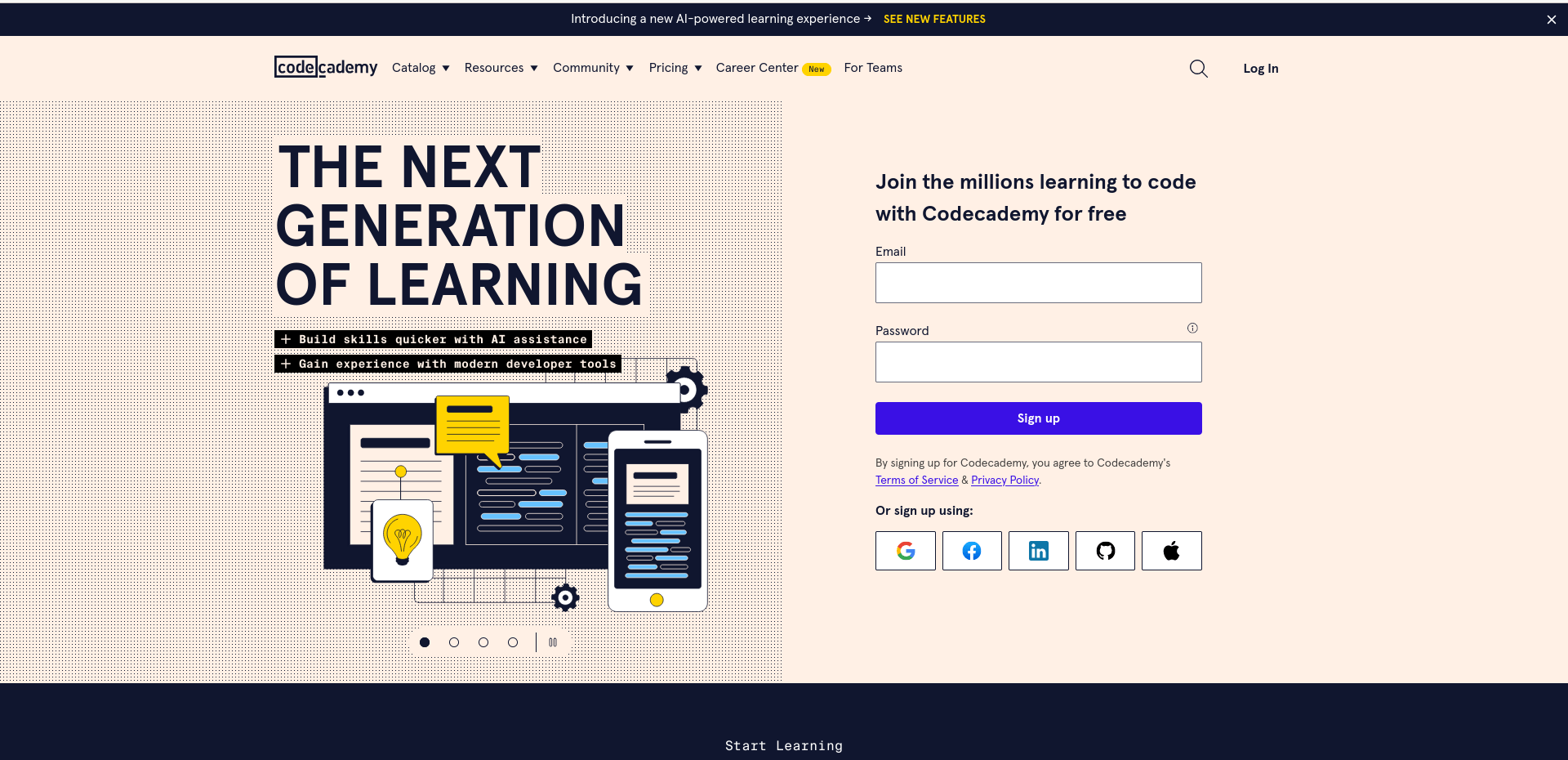
Photo by admingeek from Infotechys
Flexibility is your superpower in the world of IT. Technologies come and go, trends rise and fall, but your ability to adapt remains constant. Embrace change with open arms, and don’t be afraid to pivot when needed. The ability to roll with the punches will serve you well as you navigate the twists and turns of the tech maze. To bolster your adaptability skills, consider delving into the principles of agile software development, which emphasize adaptability and collaboration. Resources like the Agile Manifesto provide insights into these principles, guiding you towards a mindset that embraces change as a natural part of the development process.
Online learning platforms such as Coursera offer courses on agile methodologies and project management, providing you with the knowledge and skills needed to thrive in dynamic IT environments. By mastering these methodologies, you’ll be better equipped to respond to changing requirements and deliver high-quality solutions in a timely manner. Additionally, exploring literature like “The Lean Startup” by Eric Ries can offer valuable insights into how startups navigate and innovate in rapidly changing environments. By understanding the strategies employed by successful startups, you can adapt similar approaches to your own IT projects, fostering a culture of innovation and agility within your organization.
Incorporating these resources into your learning journey will not only enhance your adaptability skills but also position you as a valuable asset in the ever-evolving world of IT.

Photo by admingeek from Infotechys
Just like a skyscraper needs a solid foundation, your IT career requires a strong base of technical skills. Start by mastering the basics: coding languages, networking principles, and system administration. These fundamentals form the bedrock upon which you can build your expertise and tackle more advanced challenges as you progress in your career. Platforms like FreeCodeCamp offer free coding tutorials and projects that cover a wide range of topics, including web development and data science. By honing your coding skills through practical projects, you can gain valuable hands-on experience and solidify your understanding of programming concepts.
For networking fundamentals and Cisco certifications, consider enrolling in courses offered by the Cisco Networking Academy. These courses provide comprehensive training in networking principles and prepare you for industry-recognized certifications that can enhance your credentials as an IT professional. Additionally, the Linux Foundation offers training and certifications in Linux system administration, equipping you with the skills needed to manage and maintain Linux-based systems. With Linux being a widely used operating system in the IT industry, mastering Linux administration can open up numerous career opportunities and bolster your expertise in IT infrastructure management.
By investing time and effort into mastering these foundational skills through resources like FreeCodeCamp, the Cisco Networking Academy, and the Linux Foundation, you can lay a solid foundation for a successful career in IT.
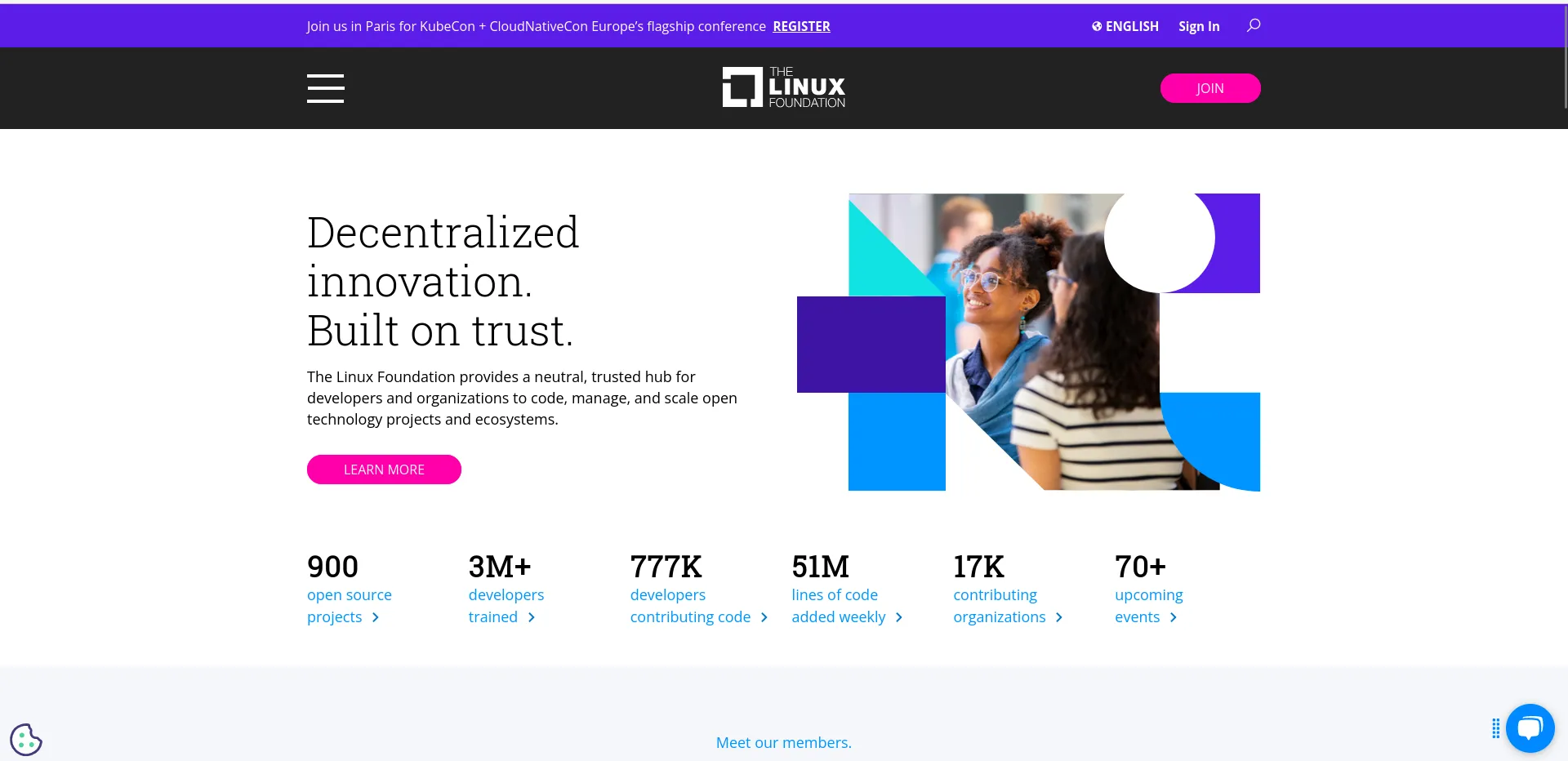
Photo by admingeek from Infotechys
The tech community is an expansive and dynamic realm, brimming with individuals who share your passion for technology and are eager to exchange knowledge and insights. Engaging with this community can be immensely rewarding, both personally and professionally. By joining online forums, attending meetups, and participating in hackathons, you have the opportunity to connect with like-minded tech enthusiasts, forge valuable connections, and collaborate on exciting projects.
Platforms like GitHub serve as virtual hubs for hosting and collaborating on software projects using version control. Here, you can contribute to open-source projects, collaborate with developers from around the world, and showcase your skills to potential employers or collaborators. When you encounter coding challenges or need assistance with a particular problem, websites like Stack Overflow provide a wealth of resources. As a question and answer site dedicated to programming and software development, Stack Overflow enables developers to seek guidance, share knowledge, and learn from each other’s experiences.
In addition to online platforms, attending local tech meetups and events through websites like Meetup can be a fantastic way to network with professionals in your area. Whether it’s a coding workshop, a tech conference, or a networking mixer, these events offer opportunities to connect with industry experts, discover emerging trends, and gain valuable insights into the tech landscape. By actively engaging with the tech community through platforms like GitHub, Stack Overflow, and Meetup, you can broaden your horizons, expand your network, and tap into a wealth of opportunities for learning and collaboration in the ever-evolving world of technology.
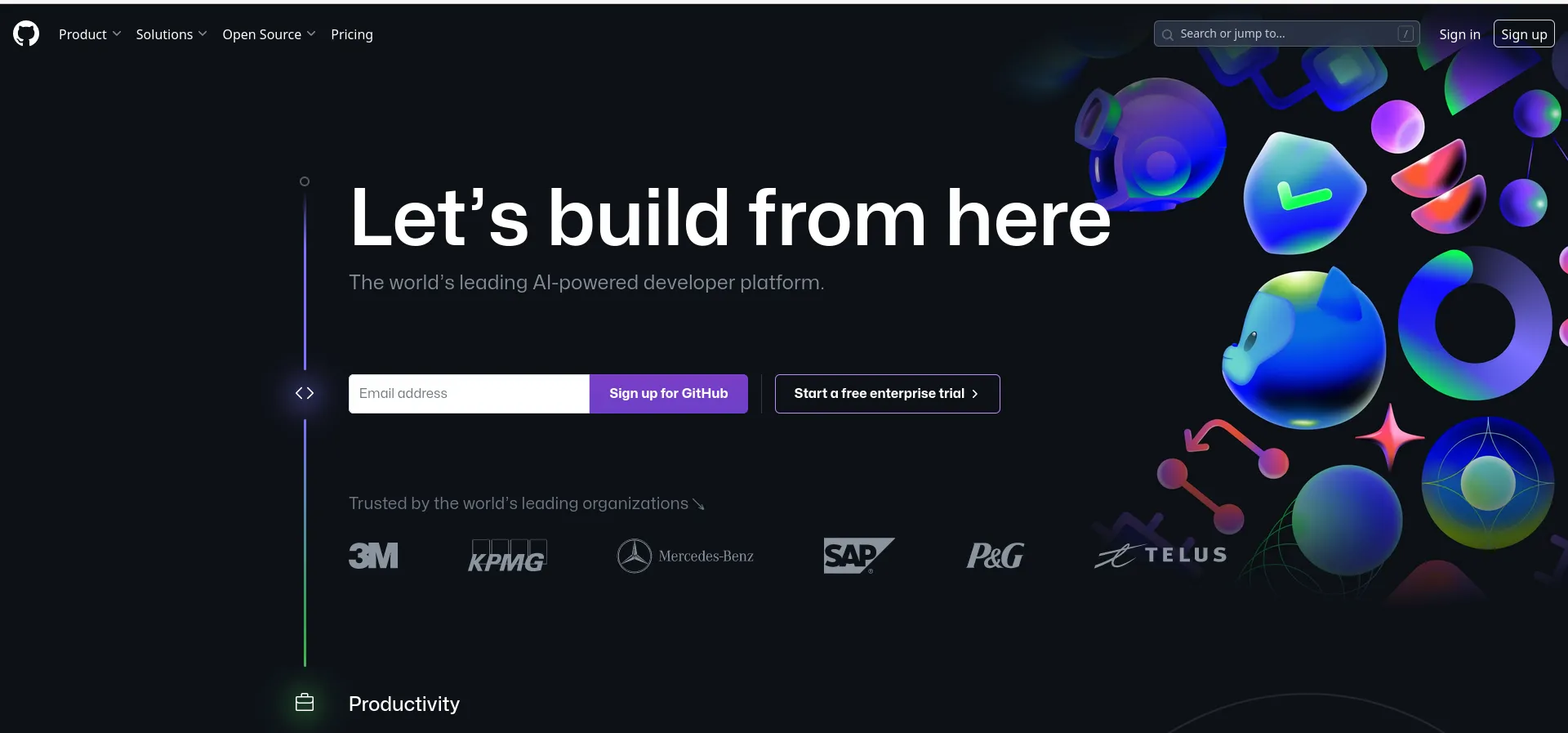
Photo by admingeek from Infotechys
At its essence, IT revolves around the art of problem-solving. Whether you’re diving into code to debug errors, troubleshooting hardware glitches, or fine-tuning system performance, your ability to tackle challenges head-on is your most valuable asset in the field. It’s all about cultivating your analytical prowess, viewing obstacles as opportunities for personal and professional growth, and eagerly embracing every puzzle that comes your way.
Platforms like Project Euler offer a captivating array of mathematical and computational challenges designed to test your programming skills and problem-solving acumen. By tackling these thought-provoking problems, you can sharpen your ability to devise innovative solutions and refine your coding techniques. For those seeking to enhance their problem-solving skills through practical application, platforms like CodeSignal provide a range of coding challenges and assessments tailored to help you improve your problem-solving prowess. These exercises offer a hands-on approach to honing your abilities and gaining confidence in your capacity to tackle real-world IT challenges.
Additionally, resources like “Cracking the Coding Interview” by Gayle Laakmann McDowell offer invaluable strategies and practice problems specifically geared towards preparing you for technical interviews. By studying the techniques outlined in this comprehensive guide, you can strengthen your problem-solving toolkit and approach interviews with confidence and poise. By immersing yourself in platforms like Project Euler and CodeSignal, and leveraging resources like “Cracking the Coding Interview,” you can cultivate a formidable skill set that empowers you to conquer any challenge that crosses your path in the dynamic realm of IT.
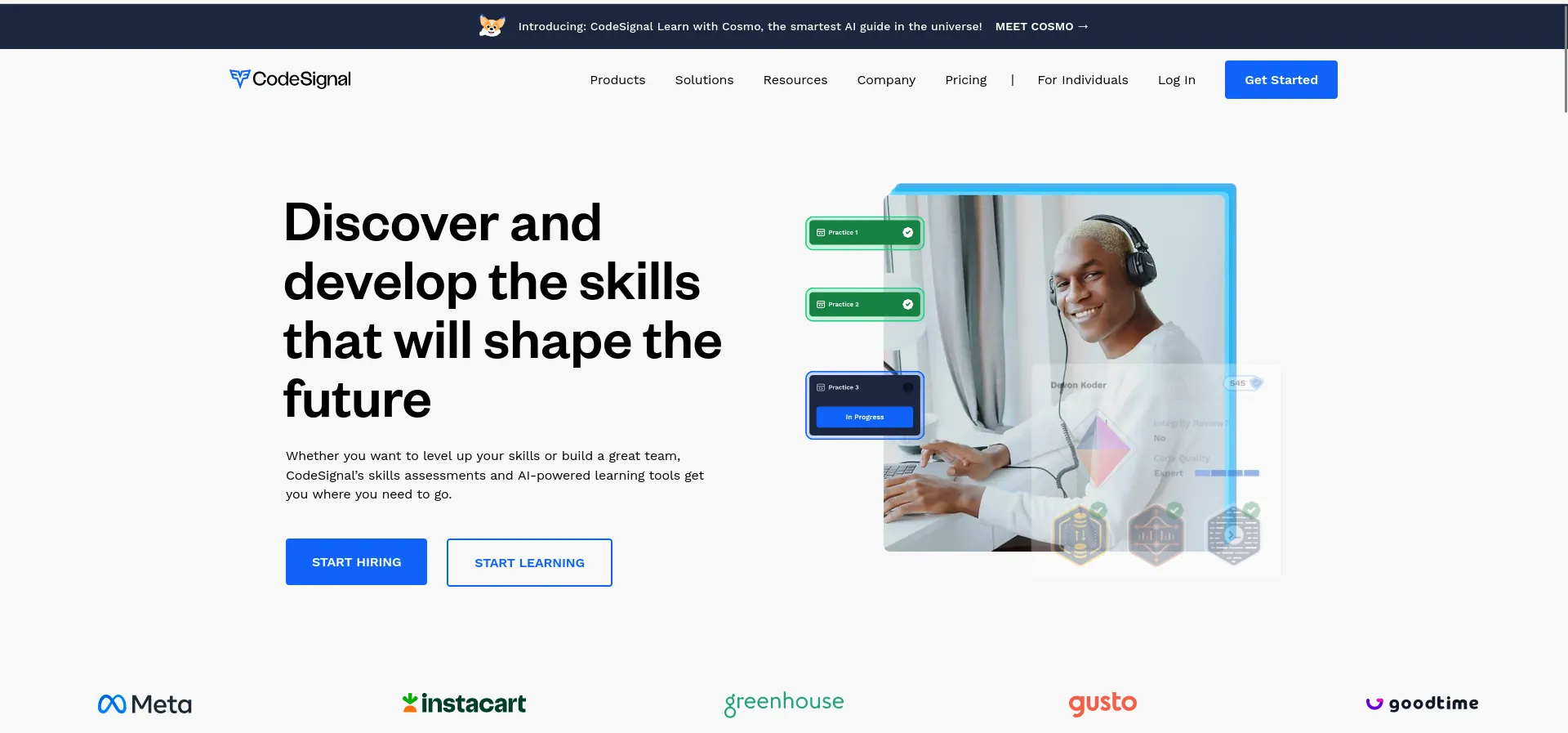
Photo by admingeek from Infotechys
In the fast-paced realm of IT, setbacks are all too familiar. Projects might falter, deadlines could slip past, but it’s your response that truly defines your journey. Embracing resilience in the face of adversity becomes paramount. It’s about acknowledging the stumble, learning from it, and steadfastly forging ahead. In this dynamic landscape, every obstacle serves as a chance for growth, an opportunity to emerge stronger and more capable.
Exploring resources like Brené Brown’s TED Talk, “The Power of Vulnerability,” offers profound insights into the essence of resilience. Brown delves into the transformative power of vulnerability, highlighting its pivotal role in navigating challenges and emerging stronger on the other side. Delving into Carol S. Dweck’s book, “Mindset: The New Psychology of Success,” unlocks the concept of the growth mindset and its profound impact on resilience. Dweck’s exploration of how our mindset shapes our response to adversity offers invaluable wisdom for cultivating resilience in the face of setbacks.
Moreover, “The Obstacle Is the Way” by Ryan Holiday draws upon timeless Stoic principles to illuminate a path forward amidst obstacles. Holiday’s work serves as a guiding light, offering actionable strategies to transform obstacles into opportunities and harness adversity as a catalyst for growth. By immersing yourself in these insightful resources, you can nurture a resilient mindset that empowers you to navigate the trials and tribulations of the IT landscape with grace and fortitude.

Photo by admingeek from Infotechys
With innovations constantly reshaping the landscape, it falls upon you to remain proactive and informed. Keeping a vigilant eye on the pulse of the tech industry ensures you’re equipped to navigate the currents of change with confidence. Whether through blogs, podcasts, or social media channels dedicated to IT news and trends, your commitment to staying informed is key to staying ahead of the game.
Platforms like TechCrunch serve as invaluable resources, offering up-to-the-minute coverage of news and trends shaping the tech industry. By regularly perusing such platforms, you can stay abreast of the latest developments and emerging technologies, gaining valuable insights into the trajectory of the field. Similarly, the MIT Technology Review provides in-depth analysis and reporting on emerging technologies and their broader societal impact. Delving into their comprehensive articles and reports offers a deeper understanding of the forces driving technological innovation and disruption.
Podcasts offer yet another avenue for staying informed and engaged with the tech landscape. Shows like “Reply All,” “CodeNewbie,” and “Software Engineering Daily” provide diverse perspectives on a wide range of tech topics and trends, making them valuable resources for anyone seeking to expand their knowledge and stay ahead of industry developments. By actively engaging with these diverse sources of information, you can ensure you’re well-prepared to tackle whatever the future holds in the ever-evolving world of technology.

Photo by admingeek from Infotechys
In the quest to become a successful IT professional, having a mentor can make all the difference. These seasoned guides offer invaluable wisdom, advice, and support as you navigate the complexities of the IT landscape. Whether you’re just starting out or looking to level up your skills, seeking out experienced professionals who have walked the path before you is essential for growth and development. Platforms like LinkedIn provide a wealth of opportunities for connecting with seasoned professionals in the IT industry. By leveraging this professional networking platform, you can establish meaningful connections, seek guidance, and learn from the experiences of others. Don’t hesitate to reach out and initiate conversations with potential mentors who inspire you and whose expertise aligns with your goals.
MentorCruise offers another avenue for finding mentorship opportunities in various fields, including IT. This online platform connects mentees with mentors who can provide personalized guidance and support tailored to their specific needs and aspirations. Whether you’re seeking career advice, technical guidance, or simply a sounding board for your ideas, MentorCruise can help pair you with the right mentor to support your growth journey.
In addition to online platforms, local tech communities provide a rich ecosystem for networking and mentorship opportunities. Meetups, conferences, and events in your area offer the chance to meet potential mentors face-to-face, build relationships, and immerse yourself in the broader tech community. Don’t underestimate the power of these gatherings to connect you with experienced professionals who can offer invaluable insights and support as you progress in your IT career. Ultimately, finding a mentor is about taking initiative and actively seeking out opportunities to learn from those who have walked the path before you. Whether through online platforms like LinkedIn and MentorCruise or local tech communities, the guidance and support of a mentor can be instrumental in shaping your success as an IT professional.
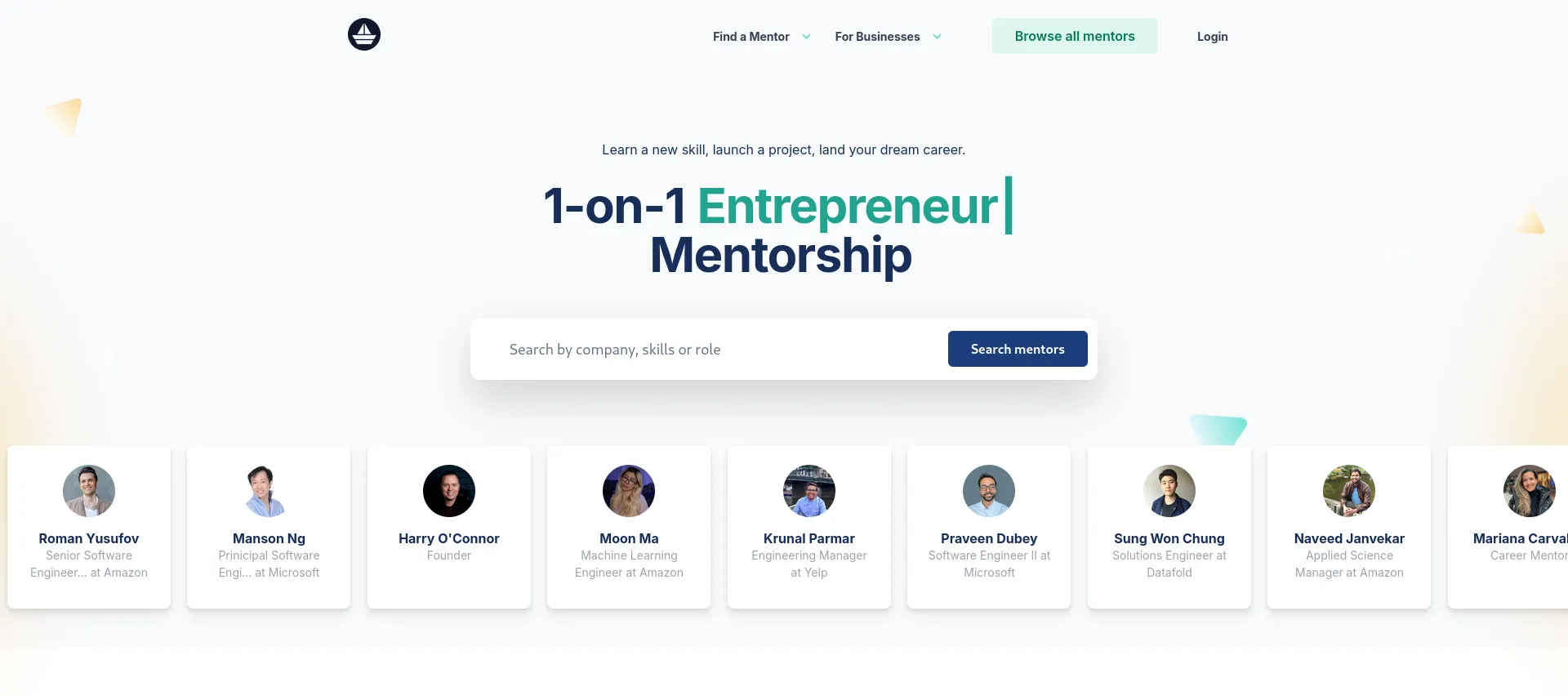
Photo by admingeek from Infotechys
In the end, mastering the ever-changing world of IT is a journey filled with challenges, triumphs, and endless opportunities for growth. Embrace change, stay curious, and remember that the only limit to what you can achieve is your imagination!
Did you find this article useful? Your feedback is invaluable to us! Please feel free to share your thoughts in the comments section below.
Related Posts

In this article, we will be comparing Ansible, Terraform, and Pulumi–three popular IaC tools, to help you choose the best option for your projects. Table

As a Linux professional, you know the importance of protecting your system and data from cyber attacks – learn how to do just that with

Are you interested in a career in Linux or an aspiring Linux professional? Discover how you can earn over $250k in just 5 years. With
